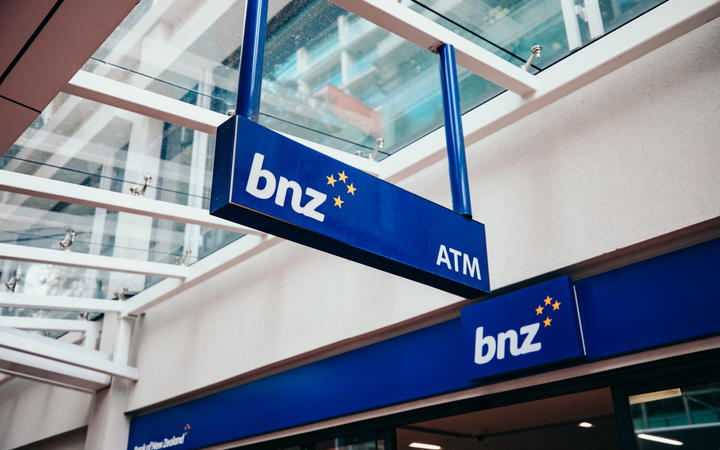Another major retail bank has seen its profits surge driven by the strong economic rebound from Covid-19 and lack of bad debts.
 BNZ chief executive Angie Mentis says the strength of the economic rebound was key to the profit improvement (File image). Photo: RNZ / DOM THOMAS
BNZ chief executive Angie Mentis says the strength of the economic rebound was key to the profit improvement (File image). Photo: RNZ / DOM THOMAS
The Bank of New Zealand’s (BNZ) half-year cash profit rose to $660 million from $367m the year before.
Leaving aside one-off items, the net profit was up by a more modest 13 percent to $563m.
The bank, owned by Australia’s NAB, had small increases in deposits and lending and managed a small increase in its margins.
Chief executive Angie Mentis said the strength of the economic rebound, helped by government and Reserve Bank measures, was a key to the profit improvement.
“An effective and determined response from government and the Reserve Bank, coupled with a strong banking and business sector, has helped New Zealand weather the storm,” Mentis said.
“We think we will be back to pre-Covid by the third quarter, which is about a year earlier than we thought.”
Similar to competitors ANZ and Westpac this week, BNZ benefited from clawing back some of the money set aside last year for bad and doubtful debts that have not occurred.
It added $17m to its earnings from reversed provisions compared with last year’s $151m charge.
BNZ had supported more than 10,000 business customers and nearly 13,000 homeowners during the pandemic, but had taken a cautious approach in overall lending to ensure it had the capacity to weather any further Covid-19-related disruptions, Mentis said.
“The vast majority have transitioned from focusing on survival to growth.”
BNZ had used the Reserve Bank’s business finance loan and Funding for Lending Programme to back its lending schemes to businesses, but expected that recovery overall would be “bumpy” with a “two-speed” credit market, she said.
BNZ expected to make some dividend payment to its parent at the end of the financial year. Mentis said the bank was an important part of the NAB group with no suggestion that the parent might follow Westpac’s example and review ownership.
